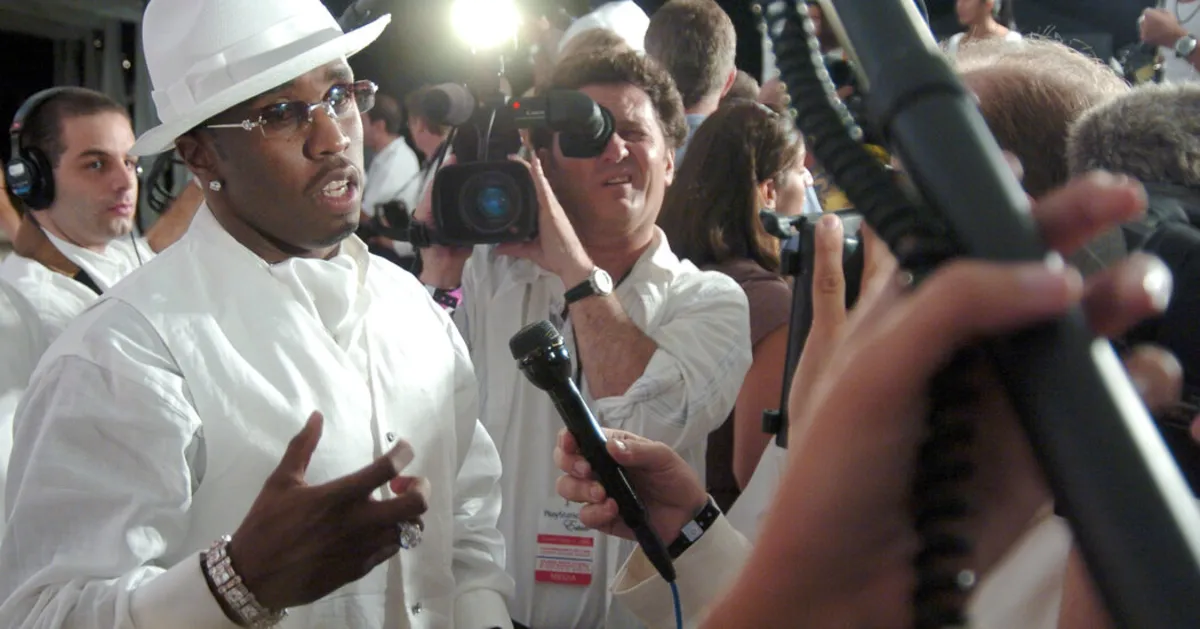
Before the music mogul Sean Combs went to trial on serious charges including sex trafficking and racketeering conspiracy this year, he was inundated with a wave of lawsuits that painted him as a notorious figure in the entertainment industry. These allegations, many filed anonymously, accused Mr. Combs of committing sexual assaults over several decades, with some claims suggesting that these incidents occurred at lavish parties and high-profile industry events, often involving druggings.
The accusations came from a diverse range of individuals, including both men and women, with more than a dozen claimants stating they were minors at the time of their alleged assaults. Mr. Combs’s legal team has categorically denied all the allegations presented in the lawsuits, which are currently navigating through the civil court system. The volume of complaints has sparked widespread speculation that the criminal case against Mr. Combs could unveil a darker, hidden side of celebrity culture, potentially implicating music industry executives in enabling such behaviors.
The trial of the 55-year-old music mogul ultimately revealed a different narrative than many had anticipated. While the proceedings were laden with explicit details, the case primarily focused on a limited and private aspect of Mr. Combs’s life. The alleged sexual encounters were not the public orgies often associated with high-profile celebrities but rather contained incidents occurring in secluded hotel rooms and personal residences. These encounters typically involved long-term girlfriends and a single male escort, presenting a stark contrast to the public's expectations.
Despite the salacious nature of the testimony, which included discussions about voyeuristic activities that lasted for hours—and even days—the investigation's breadth raised questions. The extensive federal raids on Mr. Combs's properties and the inquiry into allegations of sex tapes involving minors (which ultimately did not result in charges or any physical evidence) suggested that prosecutors were pursuing a larger agenda than what was reflected in the final indictment.
Journalist Mara S. Campo, who covered the trial and has a background as an anchor at Revolt, Mr. Combs’s former television network, remarked, “I think we were all expecting something very different.” She highlighted that the outcome of the trial did not align with the common perceptions surrounding sex trafficking, which contributed to Mr. Combs’s favorable standing in the eyes of some observers. This unexpected turn in the case has led many to reconsider their initial assumptions about the charges and the overall narrative surrounding the music mogul.
As the legal proceedings continue to unfold, the implications of the trial and the surrounding allegations remain a focal point of discussion, not only for the entertainment industry but also for broader conversations about accountability and the treatment of sexual assault victims.